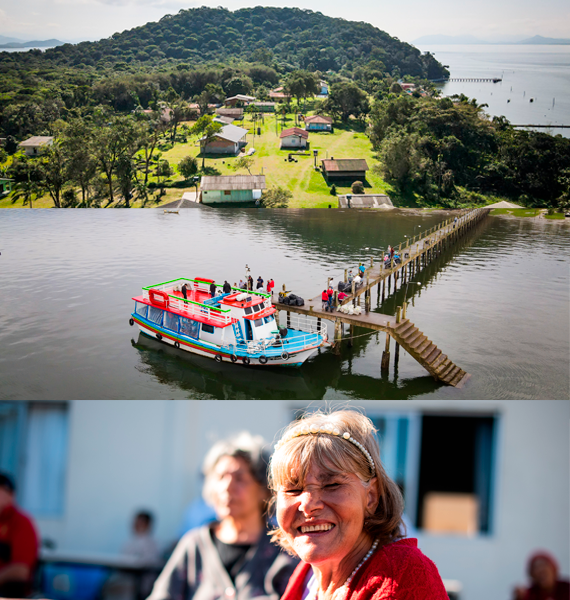Focus on protection
environment
One of the first companies in Brazil to implement
an Environmental Management System certified by ABNT ISO 14001 Standard
Environmental management system
ISO 14001 Certification
TCP was one of the first companies in Brazil to implement an Environmental Management System certified by the ABNT ISO 14001 Standard. In Paranaguá, it was the precursor, complying with the provision established in the concession agreement.
The company saw significant value in the true implementation of an Environmental Management System and from 2005, shortly after ISO 14001 certification, intensified its internal and external performance.
The company seeks to ensure that the entire content of ISO 14001 is understood by its employees as an integral part of strategic policy. We adopt in our corporate governance the essence of seeking to meet all the predicates set forth in our environmental policy.
In 2018, the company was recommended to carry out the transition from the standard to the 2015 version, as it meets the requirements for the full operation of the Environmental Management System, which has the formal scope “Container Maritime Terminal Management”.
Click here and check out the ISO14001 certification: ISO14001: 2015 Certificate

Environmental management system
ISO 14001 Certification
TCP was one of the first companies in Brazil to implement an Environmental Management System certified by the ABNT ISO 14001 Standard. In Paranaguá, it was the precursor, complying with the provision established in the concession agreement.
The company saw significant value in the true implementation of an Environmental Management System and from 2005, shortly after ISO 14001 certification, intensified its internal and external performance.
The company seeks to ensure that the entire content of ISO 14001 is understood by its employees as an integral part of strategic policy. We adopt in our corporate governance the essence of seeking to meet all the predicates set forth in our environmental policy.
In 2018, the company was recommended to carry out the transition from the standard to the 2015 version, as it meets the requirements for the full operation of the Environmental Management System, which has the formal scope “Container Maritime Terminal Management”.
Click here and check out the ISO14001 certification: ISO14001: 2015 Certificate
Our Policies
TCP Environmental Policy
TCP – Paranaguá Container Terminal is committed to operating its activities with a focus on protecting the environment, including pollution prevention, with its employees, local communities and other stakeholders.
We are also committed to complying with current legislation and other requirements that we define that relate to the environmental aspects of our activity, seeking, through the provision of necessary resources, to continuously improve our environmental performance, ensuring the maintenance of our objectives and goals.
TCP Quality Policy
Meet the needs and expectations of our customers and other stakeholders by providing container handling port operations and related services that meet applicable contractual requirements, standards, codes, regulations and the principles of continuous improvement.
To this end we have defined the following permanent objectives:
Environmental and Social Programs
In compliance with the conditions of Operation License LO No. 1356/2016 IBAMA – Environmental Licensing Administrative Proceeding No. 02001.003633 / 2013-24, TCP runs the following programs:
1. Environmental Supervision Program;
2. Solid Waste Management Program – PGRS;
3. Effluent Monitoring Program;
4. Air Emissions Monitoring Program;
(A) Air Quality Monitoring Subprogram;
(B) Mobile Source Monitoring Subprogram;
5. Sound Pressure Levels Monitoring Program;
6. Groundwater Monitoring Program;
7. Paranaguá Bay Water Quality Monitoring Program;
8. Bathymetric and Sedimentary Composition Monitoring Program;
9. Cotinga Channel Hydrodynamics And Morphology Monitoring Program Through Numerical Modeling;
10. Monitoring Program for Aquatic Biota and Bioindicators;
(A) Phytoplankton Community Monitoring Subprogram;
(B) Zooplankton Community Monitoring Subprogram;
(C) Ichthyoplankton Monitoring Subprogram;
(D) Unconsolidated Fund Benthic Community Monitoring Subprogram;
(E) Consolidated Fund Benthic Community Monitoring Subprogram;
(F) Ichthyofauna and Carcinofauna Monitoring Subprogram:
(G) Decapod Crustacean Monitoring Subprogram.
11. Monitoring Program for Cetaceans, Chelonian and Grass Banks;
12. Tidal Plan Monitoring Program Associated with Tidal Plans and Sandy Banks;
13. Vector Proliferation Monitoring and Control Program (Pigeons, Mice, and Insects);
14. Ballast Water Management Verification Program;
15. Fisheries Landings Monitoring Program;
16. Environmental Education Program;
(A) Subprogram of Environmental Education for Communities;
(B) Workers Environmental Education Subprogram;
17. Social Communication Program;
18. Mangrove Monitoring Program in the TCP Influence Area;
19. Vibration Management and Building Integrity Program;
20. Vehicle Traffic Management Program;
21. Cotinga Channel Users Assistance Program;
22. Work Plan for Occurrence Analysis and Prior Monitoring of Otter Longicaudis in the TCP Influence Area;
23. Work Plan for Occurrence Analysis and Prior Monitoring of Yellow-robin Alligator – Caiman Latirostris in the TCP Influence Area;
24. Work Plan for the Diagnosis and Prior Monitoring of Chiropterofauna.
All About TCP
Subscribe to receive alerts, news and information.
